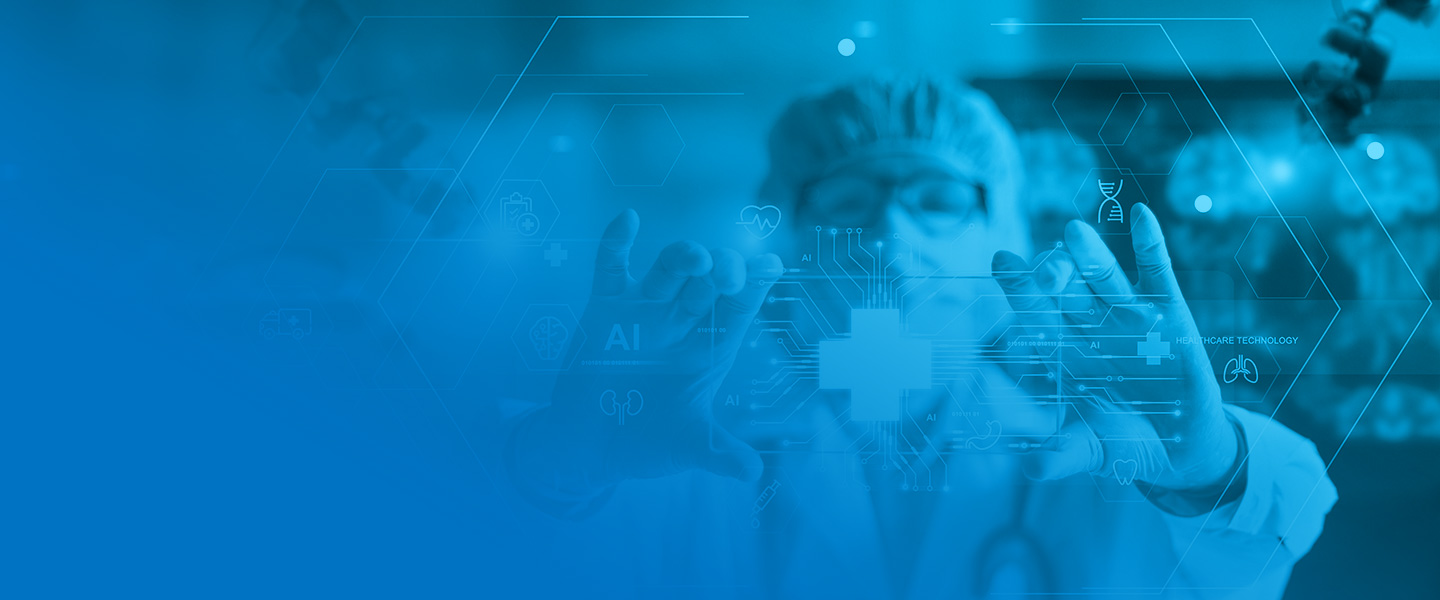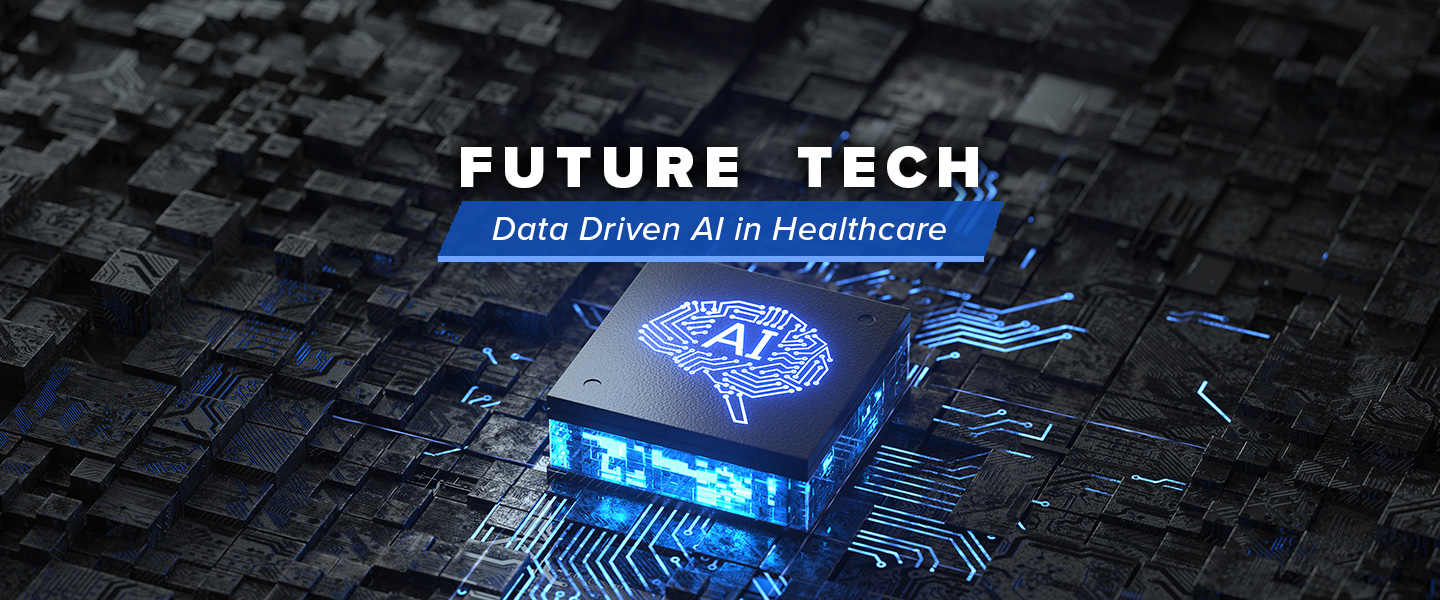Technological advancements continue to reshape the industry, offering innovative solutions to longstanding challenges. Among these advancements, generative artificial intelligence (AI) has emerged as a promising tool with the potential to revolutionize clinical support and streamline healthcare delivery. A recent study conducted by a research team from NYU Langone Health, published in JMIR Human Factors, sheds light on how generative AI can accelerate the development of digital health software, particularly in the context of clinical support.
The Rise of Digital Health Interventions
With the digital transformation of healthcare gaining momentum, there is a growing reliance on software engineering to address various medical needs. However, guidance for health researchers on designing effective digital health interventions remains limited. This gap underscores the importance of leveraging innovative technologies like generative AI to enhance the development process.
Accelerating Software Development with ChatGPT
The study conducted by the NYU Langone Health research team focused on leveraging generative AI, specifically ChatGPT, to develop personalized automatic messaging systems (PAMS) aimed at enhancing clinical support. By harnessing ChatGPT’s capabilities, the researchers aimed to streamline the coding process and accelerate software development for various clinical support applications.
The findings of the study revealed promising results, demonstrating the significant impact of ChatGPT on the software development lifecycle. Through a series of evaluations involving experts from diverse fields, ChatGPT received positive scores across various metrics, including understandability, usability, relevance, and completeness. Moreover, ChatGPT proved to be a powerful tool for bridging the communication gap between technical and non-technical team members, leading to a substantial reduction in development time for clinical support software.
Expanding the Horizon of Healthcare AI
One of the key highlights of the study was the role of healthcare professionals in driving the creation of healthcare software. Clinicians and nurses possess valuable domain knowledge that can be effectively leveraged to guide the development of AI-driven solutions for clinical support. By democratizing the design process, generative AI empowers healthcare professionals to actively contribute to software development, thereby ensuring that digital health interventions align closely with clinical needs.
The research conducted by the NYU Langone Health team represents a significant step forward in harnessing the potential of generative AI in healthcare. Beyond clinical support, generative AI holds immense promise in various healthcare domains, including clinical diagnosis, patient engagement, and administrative tasks. As the technology continues to evolve, healthcare organizations stand to benefit from its transformative capabilities.
Overcoming Challenges and Seizing Opportunities
While the adoption of generative AI in healthcare presents exciting possibilities, it also poses unique challenges. Governance guidelines, data privacy concerns, and ethical considerations must be carefully addressed to ensure the responsible use of AI technologies. Additionally, healthcare professionals require adequate training and support to effectively integrate generative AI into their workflows.
As we navigate the complexities of deploying generative AI in healthcare, a strategic approach is essential. Establishing clear AI strategies and governance frameworks will lay the foundation for successful implementation. Moreover, collaboration between healthcare stakeholders, AI researchers, and technology experts is crucial for driving innovation and maximizing the potential of generative AI in healthcare.
Generative artificial intelligence represents a powerful tool for advancing healthcare delivery and improving patient outcomes. The research conducted by the NYU Langone Health team underscores the transformative impact of generative AI in accelerating software development and empowering healthcare professionals in clinical support roles. By embracing innovative technologies and fostering collaboration, we can unlock the full potential of generative AI, ushering in a new era of personalized and efficient healthcare delivery.
As we continue to explore the possibilities of AI-driven healthcare, let us remain committed to leveraging technology responsibly and ethically to enhance the well-being of individuals and communities worldwide.







